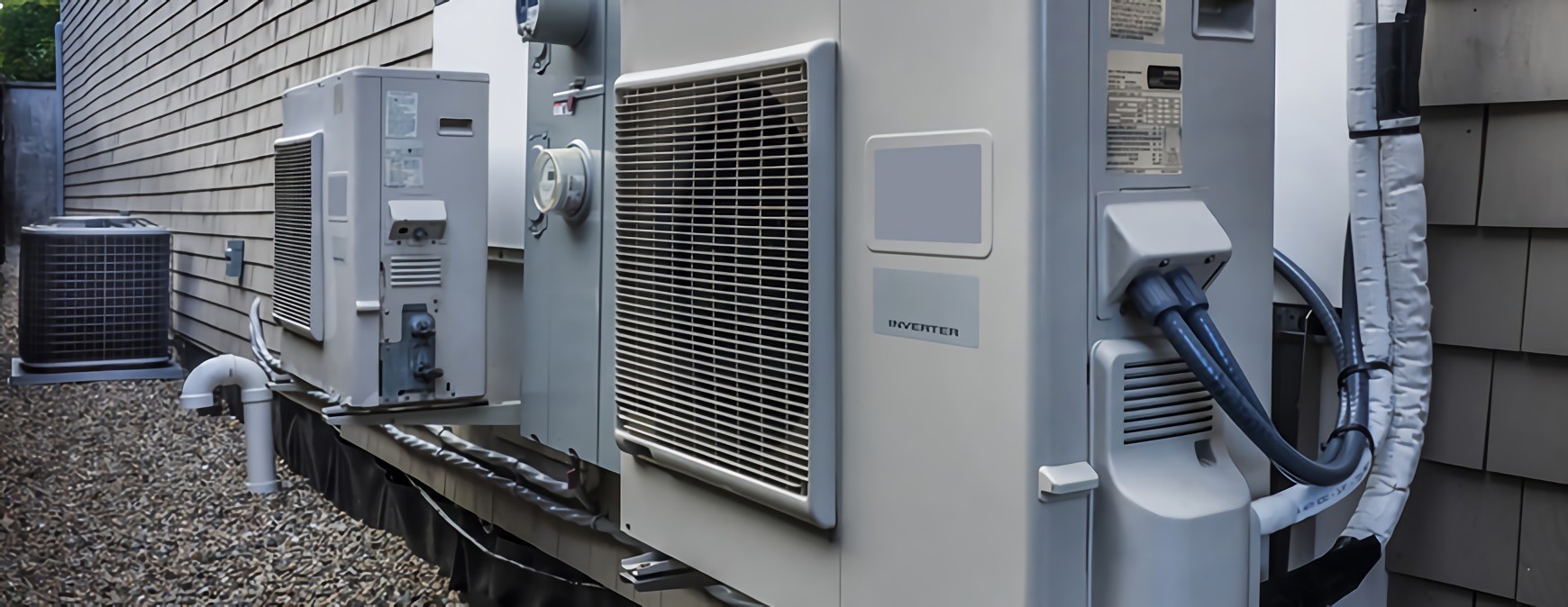
Nearly half of residential energy costs are from HVAC units. Evaporative cooling can be less expensive to purchase and typically require less energy that other types of refrigeration. This technology has been commonly used in commercial settings like industrial kitchens, laundries, dry cleaners, greenhouses, loading docks, warehouses, factories, construction sites, workshops, and kennels.
HVAC technician training students may install or repair evaporative cooling units once they graduate. Following is an overview.
The Basics of Evaporative Cooling
Evaporation is a natural coolant. In fact, your body “employs” evaporative cooling when you sweat. As your body’s sweat evaporates, it absorbs heat and cools your body. This is similar to how evaporative or “swamp” coolers work. This type of cooler is ideal in drier climates.
Pros & Cons of Evaporative Cooling
Pros:
- Energy efficient: Evaporative cooling systems use up to 75% less electricity than a standard air conditioner.
- Environmentally friendly: Evaporative cooling doesn’t use refrigerants like CFCs or HCFCs, which contribute to global warming.
- Common household current: Unlike standard air conditioners, evaporative coolers don’t need high amperage circuits. They operate on 120-volt electricity, which means they can be used with any household outlet.
- Air filter: Evaporative cooling systems normally use inexpensive moisture pads, which also function as air filters that trap dust and pollen.
- Adds humidity: As water evaporation is used for cooling, these systems naturally add moisture, which is helpful in dry and high climates.
- No ductwork: Evaporative coolers don’t need ductwork as they are simply placed in or by a window for air distribution.
- Lower equipment cost: The technology underlying these cooling systems is quite simple, so replacement and repair costs are low.
Cons
- Not for humid climates: Too much moisture in the air prevents evaporative cooling systems from working properly, so they are not good for humid climates.
- Needs open windows or exhaust ducts: Evaporative cooling systems need exhaust ducts or open windows at all times, so that air can escape the conditioned area, otherwise they cannot function.
- May require a lot of water: Depending on how much cooling you need, an evaporative cooler may use large amounts of water.
- Need attention: These systems do demand some attention, as the moisture pads must be kept moist with water. 1 2
Get Started on the Path to a New Career
Fill out our form to learn how we can help you change your life.
Types of Evaporative Cooling
There are different kinds of evaporative cooling systems: direct, indirect and hybrid systems:
- Direct evaporative cooling: Outside air is mixed with hot inside return air for desired supply temperature. If outside air is too warm, airstream is wetted. This is typically the least expensive evaporative cooling system and works well in open environments like warehouses.
- Indirect evaporative cooling: Moisture is kept separate from the system’s airstream, which harnesses the cooling effect of evaporation. These systems are good for medium to large applications and for facilities that want to benefit from evaporative cooling without adding moisture indoors.
- Hybrid evaporative cooling: Hybrid systems combine evaporative cooling with traditional HVAC systems.
Evaporative cooling can be a money-saving and environment friendly technology. HVAC technicians who are knowledgeable about all aspects of evaporative cooling systems can competently advise their customers.
Additional Sources
1 – http://www.air-n-water.com/portable-ac-swampcooler.htm
2 – http://www.achrnews.com/articles/134980-evaporative-cooling-cuts-costs
This blog has been labeled as archived as it may no longer contain the most up-to-date data. For a list of all current blog posts, please visit our blog homepage at https://www.rsi.edu/blog/

